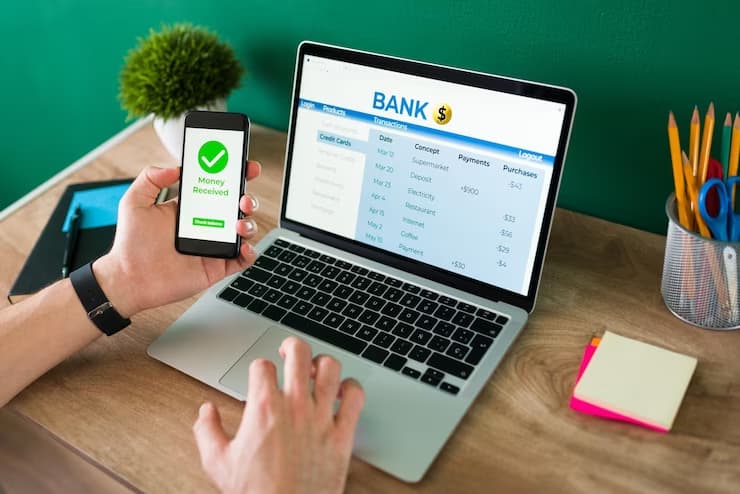

We are the leading center of competence in finance
About us
Being financially literate is a necessity dictated by time. The ability to properly invest money and analyze the economic situation is one of the important qualities of a modern person. Our center will help you acquire the necessary knowledge and practical skills, as well as improve your professional skills in investing and managing personal finances.











 StudiBucht is the place where students will always get help writing assignments on time. Any academic
StudiBucht is the place where students will always get help writing assignments on time. Any academic 
 If you are in Canada, you can check out
If you are in Canada, you can check out 






